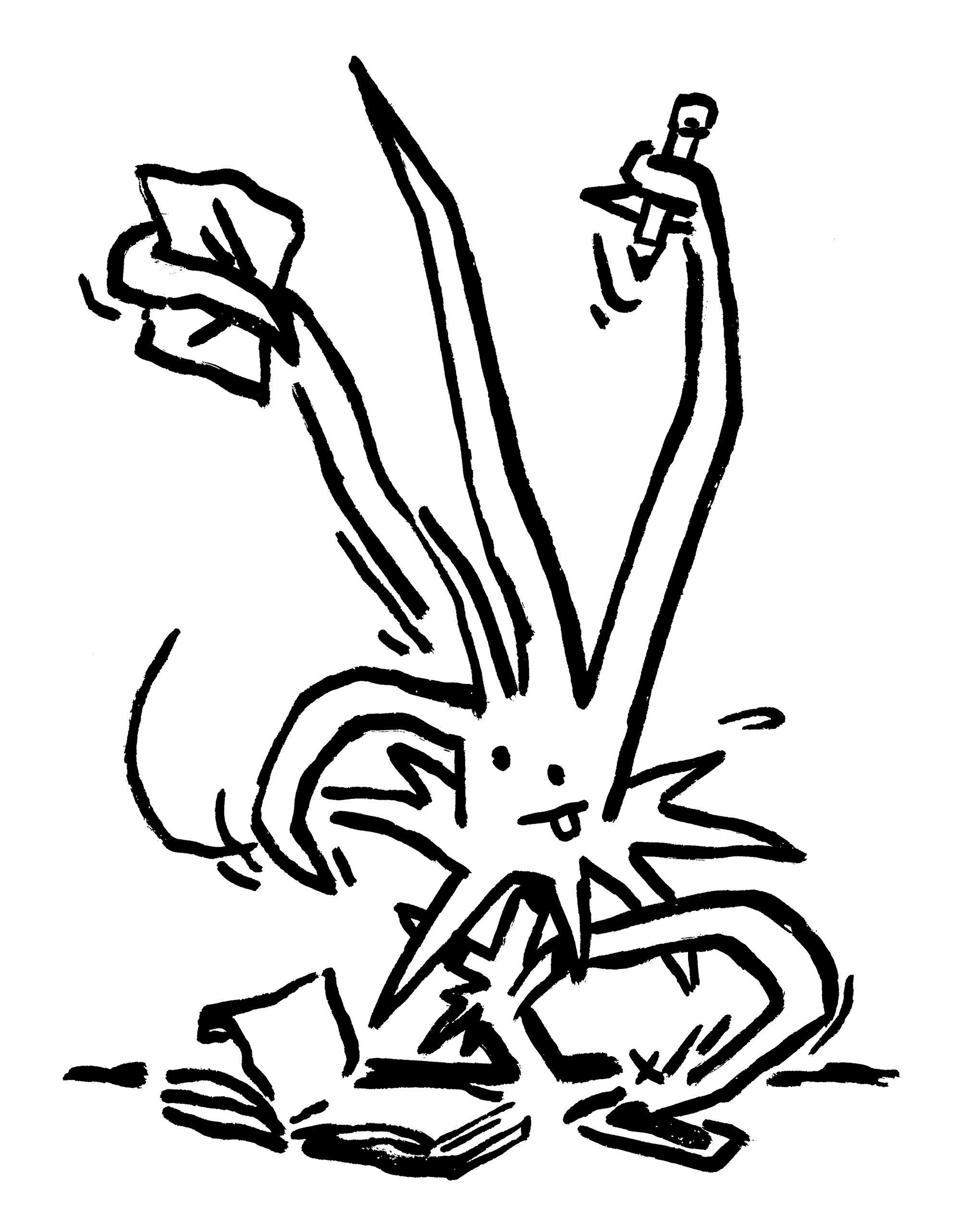

DEFINITION
Jeanine M. Canty
Professor, Transformative Studies, Author
The fields of ecopsychology and deep ecology often refer to the ecological self as a key to reawaken our inherent connection with nature. The ecological self was first identified by the Norwegian philosopher Arne Naess, the co-founder of deep ecology—a movement that advocates for every supporter to develop their own ecophilosophy and unique relationship with nature. The ecophilosopher and activist Joanna Macy has given the phrase a more active feeling by calling it “the greening of the self.” Naess would also refer to it as the process of self-realization, as it is a means of maturing from the small ego self to a sense of self that is in relationship with the more-than-human natural world. For instance, one might be drawn to a particular animal or a tree near their home, appreciating that their wellness is tied to this being.
The ecological self develops our understanding that we are connected to nature, building our recognition that we feel compassion and even love for nature. With this awareness that we are nature, we see that the damage we are doing to the Earth is directly hurting us; we are inseparable. The ecological self broadens our identity to encompass nature; it sparks caring and an understanding that we are in this life together, rather than separate. When we separate ourselves from the larger Earth community, we distance our compassion for other beings, silence our bodies and instinctual selves, and open the way to permitting harm to other sentient beings. As we build our ecological self with direct immersion in nature, we realize we are nature.

In the Sierra Oaxaqueña, a farmer gently cradles a Cloudless Sulphur caterpillar. Oaxaca, Mexico, 2023.
Photography By Pamela EA
RELATED WORDS
We use cookies to analyze site usage and enhance navigation. By accepting, you agree to our use of cookies. Accept
Subscribe to our newsletter and be the first to get news on climate literacy!

By submitting I confirm that I have read Climate Words’ privacy policy and agree that Climate Words may send me announcements to the email address entered above and that my data will be processed for this purpose in accordance with Climate Words’ privacy policy.